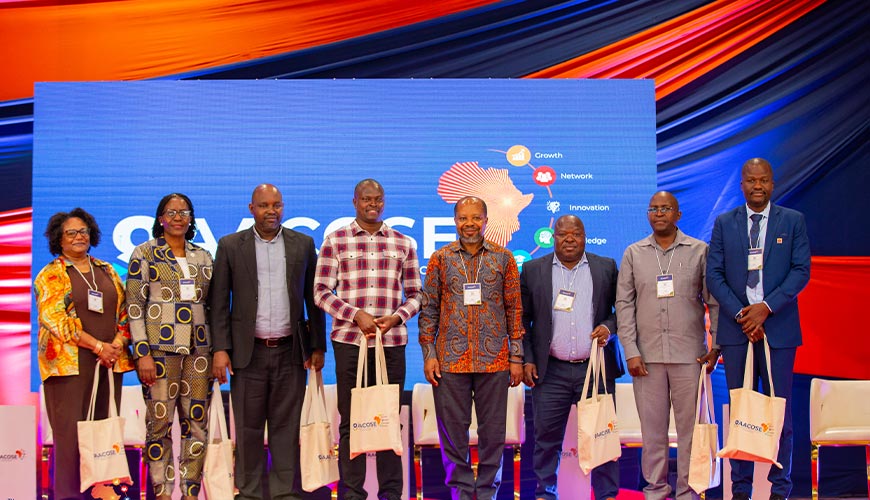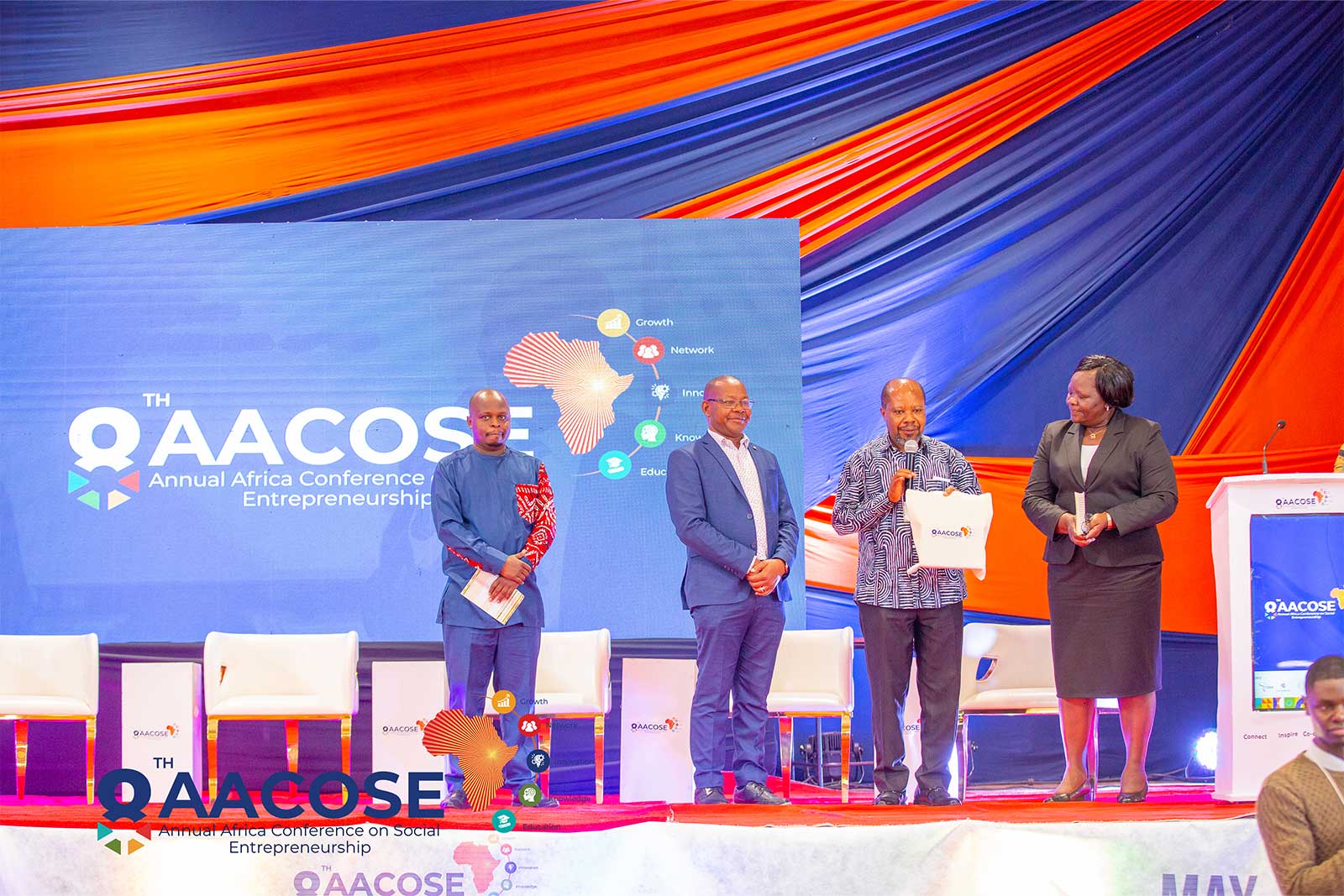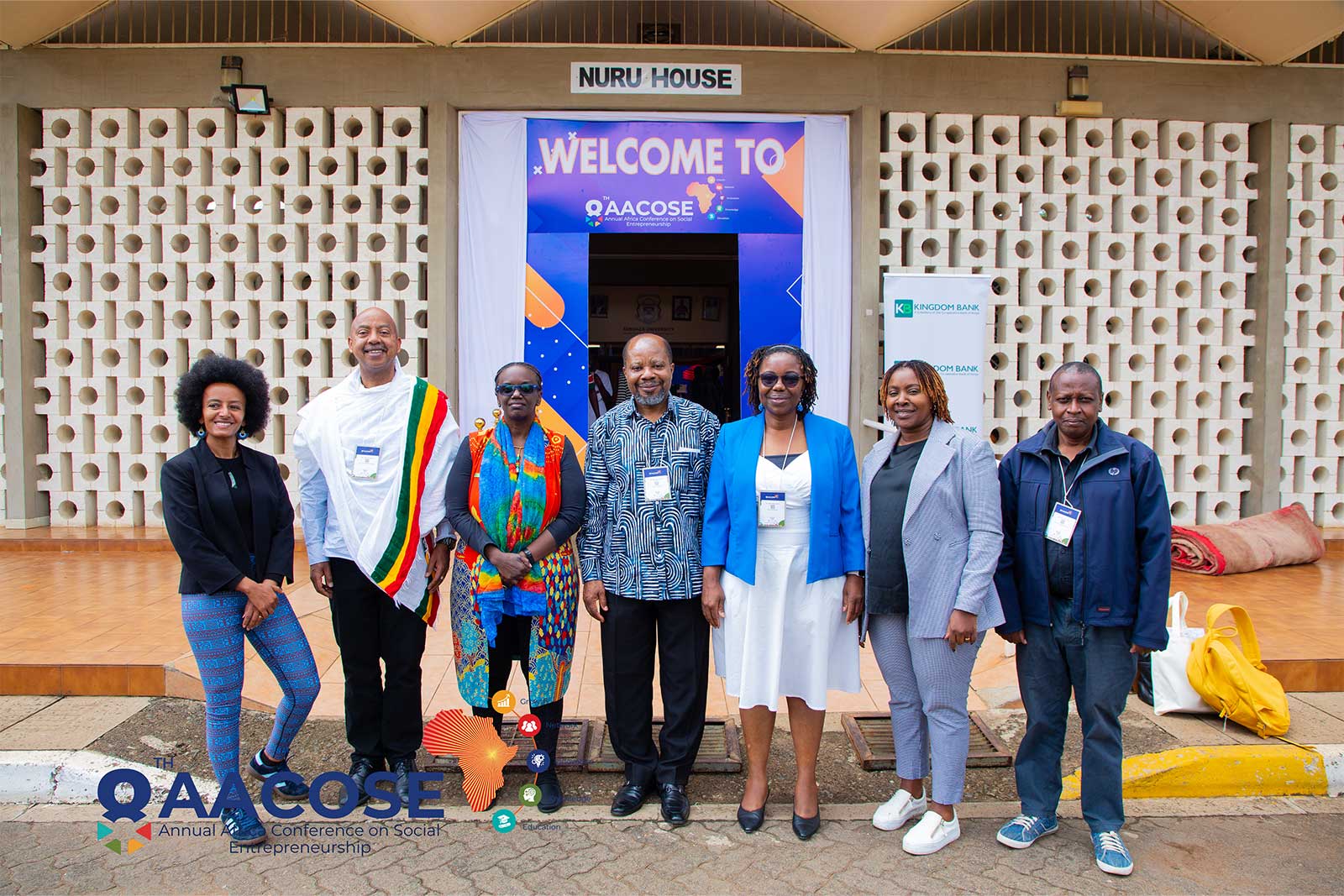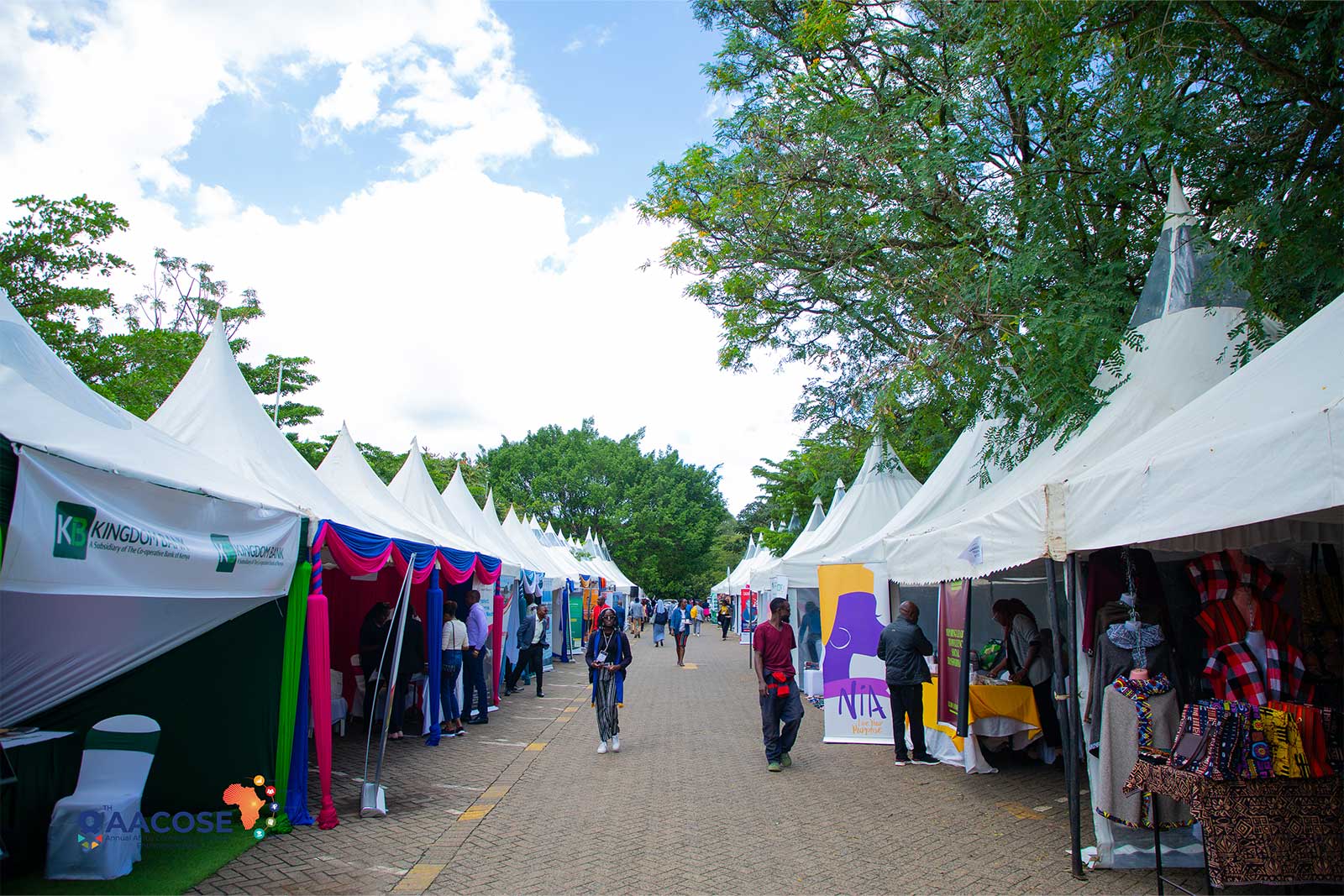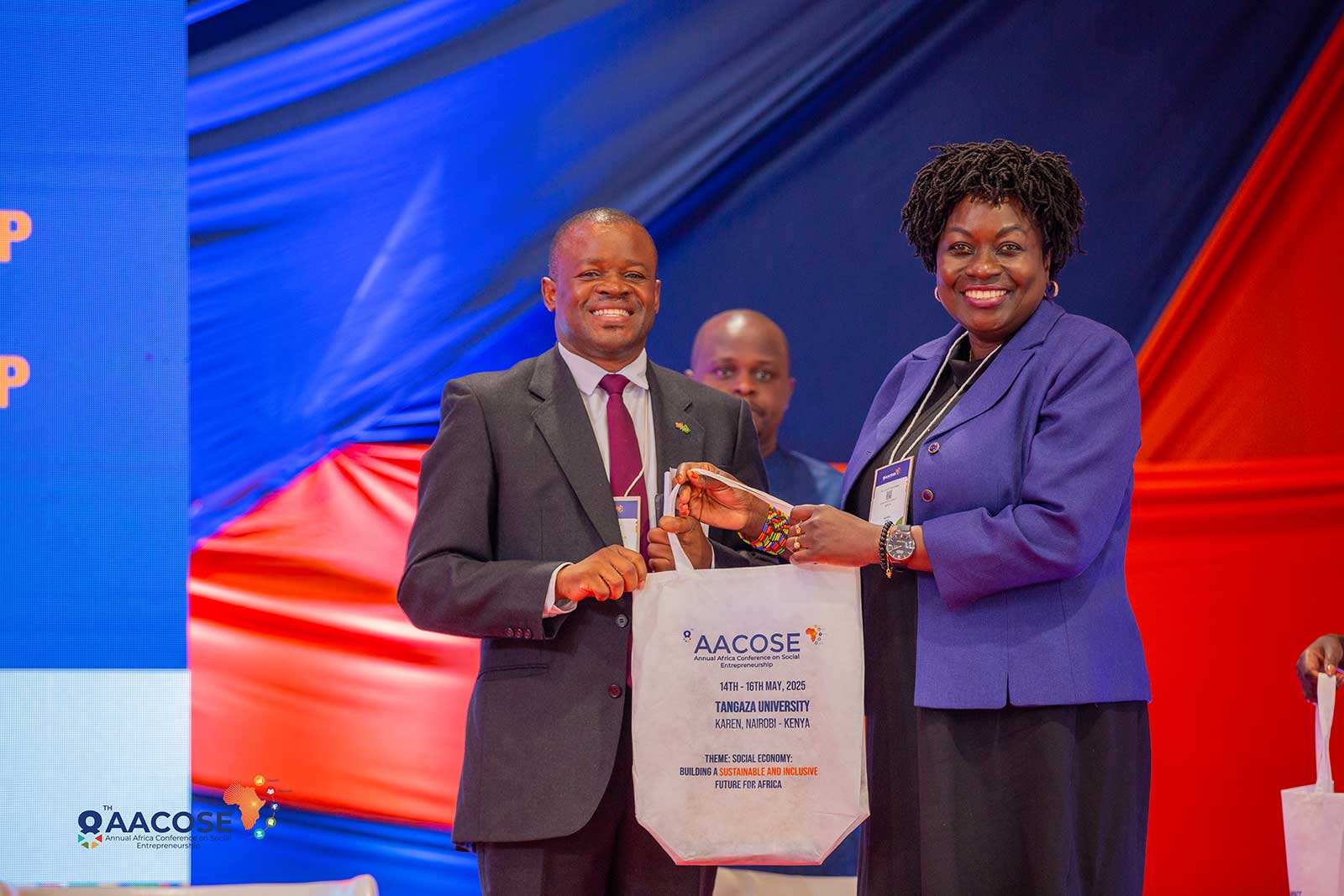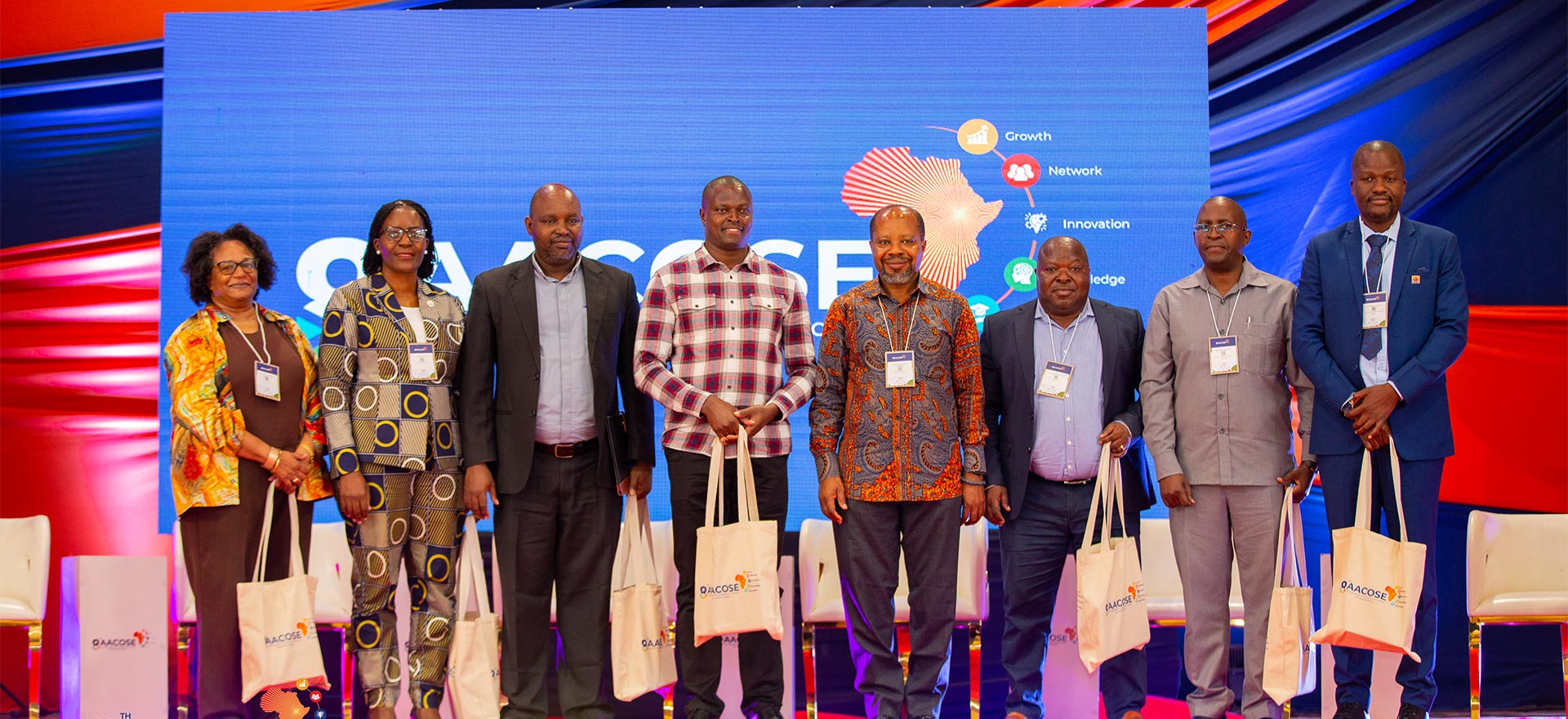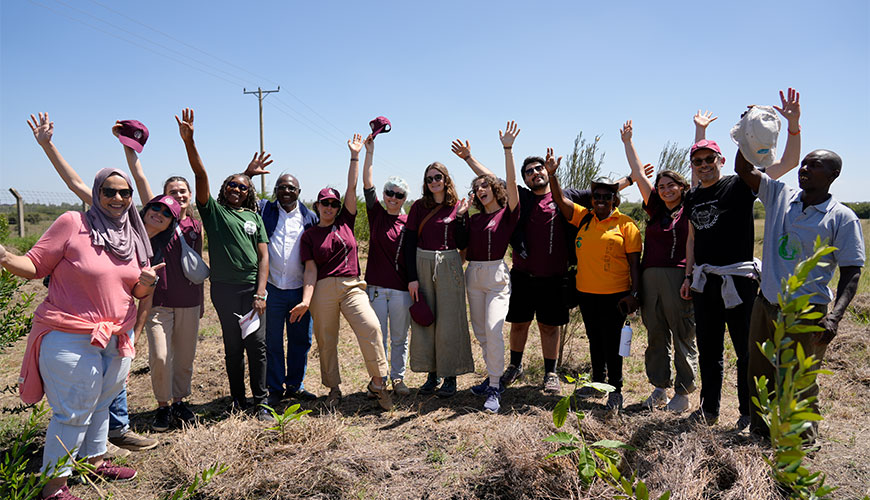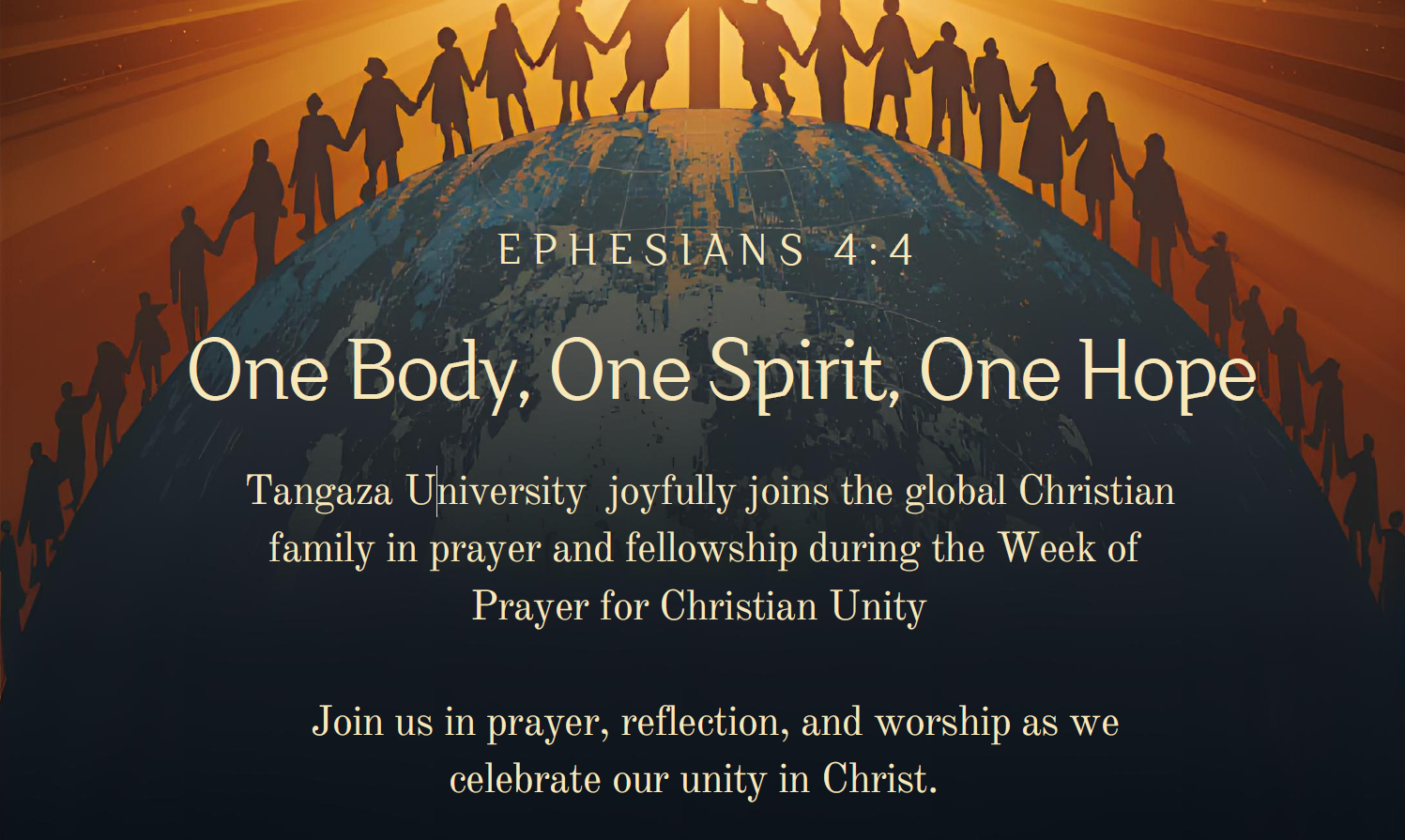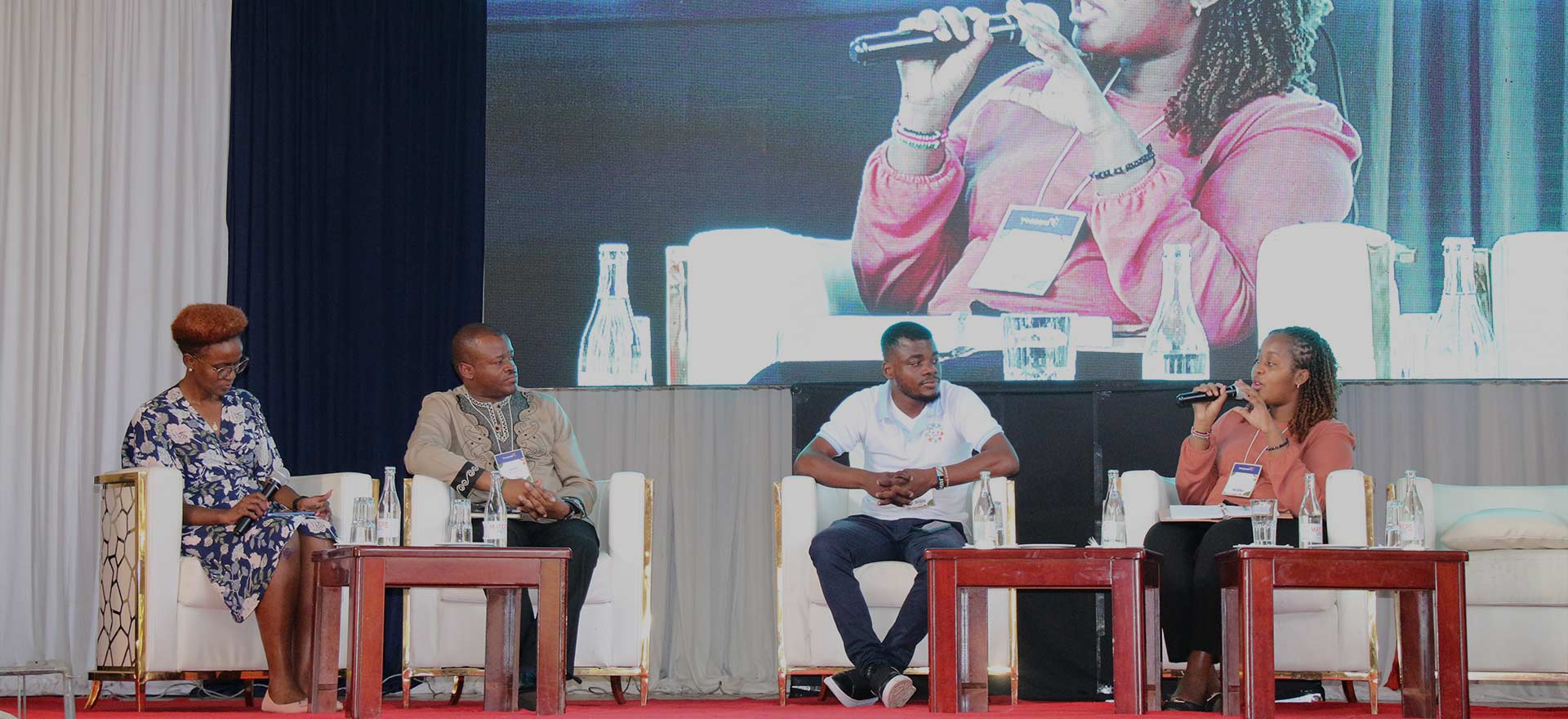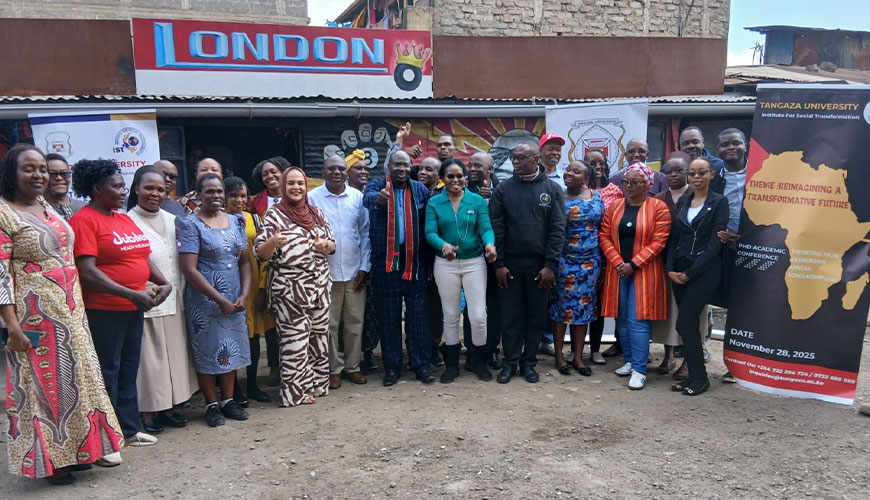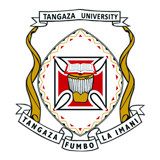Nairobi, Kenya – The 8th edition of the Annual African Conference on Social Entrepreneuship (AACOSE 8) concluded on a high note, uniting leaders, entrepreneurs, policymakers, academics, and changemakers under one roof to explore pathways toward building a sustainable and inclusive future for Africa through the social economy.
Held in Tangaza University, Karen – Nairobi from between 14th -16th May 2025, AACOSE 8 brought together more than 450 delegates from across the world, all energized by a shared mission: to harness the power of the social economy to address Africa’s most pressing challenges — poverty, inequality, unemployment, and ecological degradation.
A Continent in Conversation
Under the theme “Social Economy: Building a Sustainable and Inclusive Future for Africa,” AACOSE 8 created a platform for intense dialogue and collaborative ideation. The event featured high-level keynote addresses, thought-provoking panel discussions, interactive workshops, and exhibitions showcasing impactful innovations from grassroots cooperatives to tech-driven social enterprises.

In his opening remarks, Rev. Prof. Patrick Mwania set the tone by emphasizing the role of higher education in driving solutions-oriented thinking.
“It is with profound honor and delight that I welcome you to this eighth African Conference on Social Entrepreneurship, AACOSE,” he said.
“We are creating an enabling ecosystem for our students to get out from the university with solutions to problems.”
Building on this, Br. Jonas Dzinekou echoed the transformational power of education in tackling youth unemployment.
“I believe that is what education is about, and I want to say that we have, from our experience, cracked the formula against unemployment,” he asserted.
“When we are talking of young people, we graduate every year from our colleges.”
The urgency of job creation was emphasized by Mr. Nyiringango Pascal, who challenged institutions to think beyond traditional employment pathways.
“We need to think of job creation. How many jobs are we creating every year? Especially for young people who constitute a significant portion of the population in Africa,” he posed.
“Social entrepreneurship must become not a specialization for a few, but a mindset for all.”
That call for mindset change was further echoed by Dr. Roselinda Owuor, who highlighted the evolving role of universities in shaping ethical, innovative leaders.
“This is where the future of higher education lies — in producing ethical leaders and problem solvers, not just employees,” she said.
“And this year’s AACOSE theme, ‘Social Economy: Building a Sustainable and Inclusive Future for Africa,’ is not just an invitation.”
Ms. Mendi Njonjo offered a passionate and bold provocation, urging participants to fundamentally rethink economic systems in Africa.
“This year’s AACOSE theme is not just an invitation — I honestly feel it’s a provocation,” she said.
“It’s a call to reimagine, as well as to construct an economy where profit is not predatory, and where markets serve communities, not the other way around. When you think of the dominant capitalist models — why not?”
Key Highlights
High-Level Panels: Sessions featured government officials, UN agency representatives, local social entrepreneurs, and leaders of cooperative movements discussing policy frameworks, youth employment, gender equity, and climate resilience within the social economy context.
Innovation Showcases: African startups and community-driven organizations presented scalable solutions addressing healthcare, education, agriculture, and green energy — proving the vibrancy and ingenuity within the sector.
Youth Inclusion: A special forum focused on amplifying youth voices and startups, highlighting the need to invest in young innovators as key drivers of sustainable economic transformation.
Policy Dialogue: A strategic roundtable tackled how to integrate social economy principles into national and regional development plans, calling for African governments to adopt enabling policies and financing mechanisms.
A Stronger Ecosystem Emerging
AACOSE 8 stood as a testament to the growing momentum behind the social economy across Africa. The conference emphasized that a sustainable and inclusive Africa must be co-created by communities, governments, and civil society, working together to ensure economic models serve human and ecological well-being.
By the event’s close, a clear call to action had emerged: to institutionalize the social economy as a core pillar of Africa’s development agenda, ensuring the voices of marginalized communities are heard, and their innovative capacities supported.
Looking Forward
As AACOSE 8 wrapped up, participants left not only with fresh insights and valuable networks, but also with renewed energy to act. Many expressed optimism that this year’s conference marked a turning point — not just in ideas, but in action.
In the words of one attendee, a young social entrepreneur from Uganda: “AACOSE isn’t just a conference; it’s a movement. We’re not just imagining a better Africa — we’re building it, one enterprise, one policy, and one partnership at a time.”


